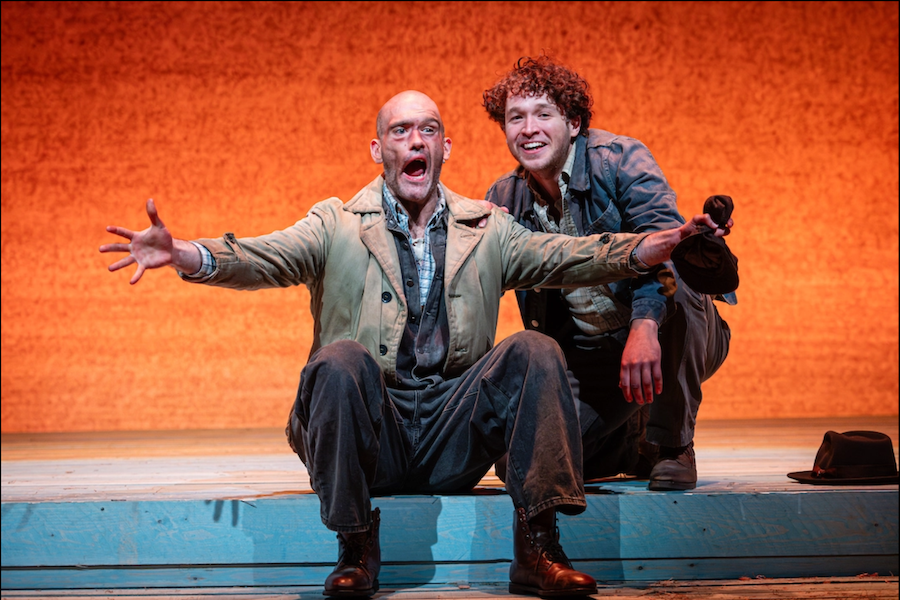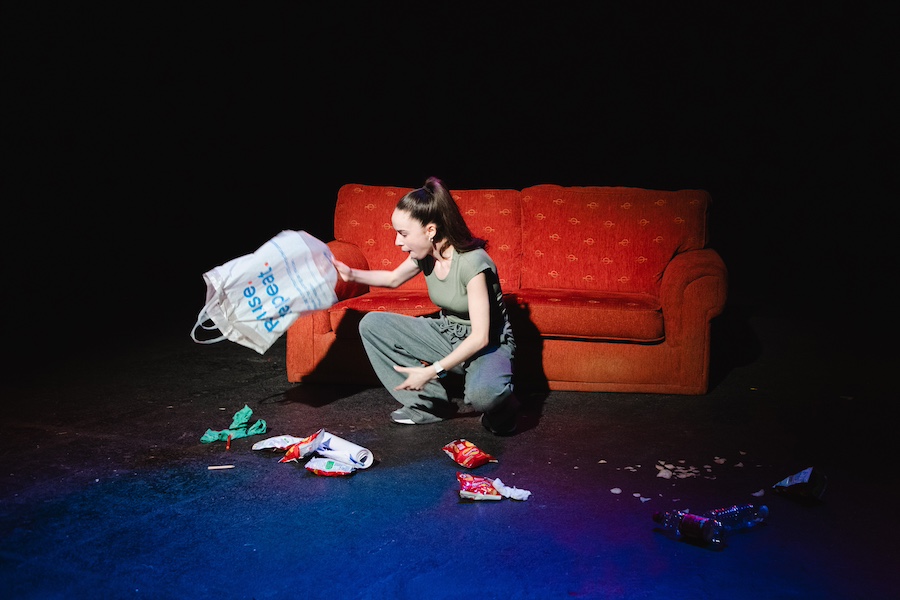What does Manchester Arena mean to the city? Boss John Sharkey on the venue’s history – and future
- Written by Louise Rhind-Tutt
- Last updated 6 years ago
- Attractions, City of Manchester, Culture, Events, People
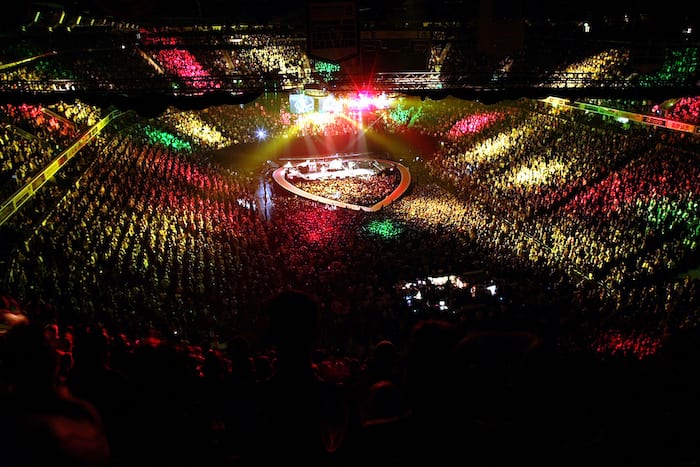
Manchester Arena, the largest indoor arena in Europe, has welcomed 30 million visitors through its doors since opening in 1995. The 21,000 capacity venue has hosted some of the biggest names in live entertainment including U2, The Rolling Stones, Madonna and Pavarotti.
The 2019 schedule will see 140 live event nights for the third year running, and attract another 1.2million visitors – making it one of the top billed live venues in the world. The line-up includes Andrea Bocelli, Hugh Jackman, Little Mix, George Ezra, Michael Bublé, and Take That, who will be returning for the 44th time.
We spoke to John Sharkey, executive vice president of the arena and SMG Europe, to find out more about the venue’s role in the city – and what its future holds as it approaches its 25th anniversary.
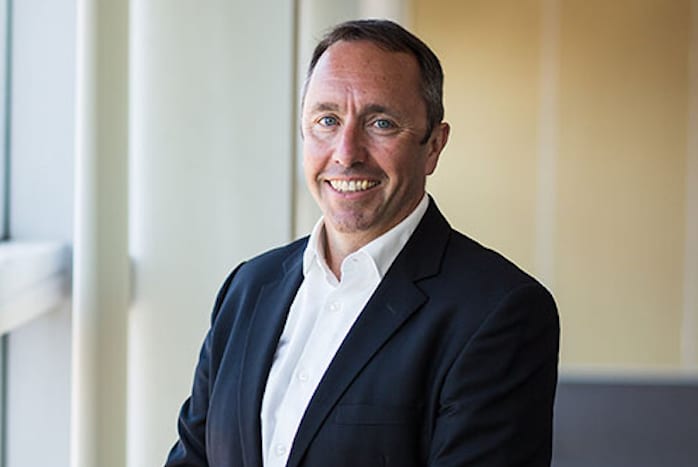
“The arena has become a key part of people’s lives,” says John. “You’d struggle to find someone who hasn’t been to an event there – whether rock, comedy, classical, pop, a children’s event, jazz…”
It’s not just about the personal connections, either. The arena’s impact on Manchester and its economy – including employment – cannot be underestimated, believes John.
“Global acts have driven visitor numbers from far and wide, who in turn utilise the city’s hotels, visiting its restaurants, shops and other central leisure and tourist destinations.”
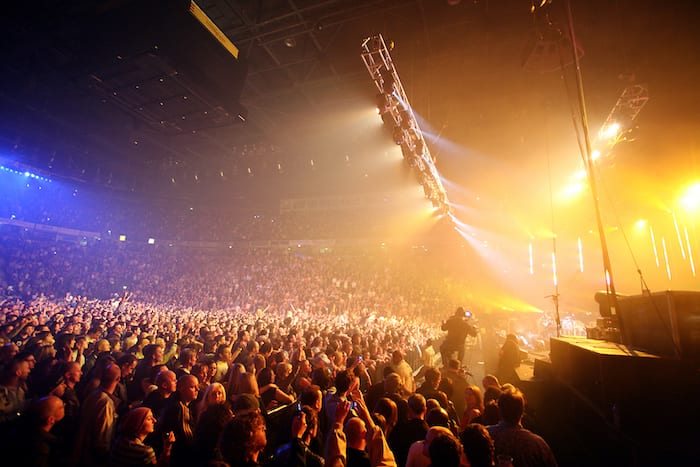
“The great feature of the arena is that it’s right at the heart of the transport hub,” says John, who believes that the venue’s location and accessibility has played a key part in its success.
“It makes it easy for people to get to. And because they’re in the city centre, you’ve then got people staying in hotels, going to restaurants and bars, and going to shops. Places are really busy during a concert night. It’s had a fantastic financial impact over the years.”
It’s a significant time for Manchester Arena, which will celebrate a quarter of a century in the city in 2020.
“We are looking forward to the 25th anniversary with a new landlord who came on last year, and looking at how we move forward in the next 25 years. There is a lot of redevelopment going on that we are looking to tie in to, and we’re also trying to improve the overall experience and create more space.”
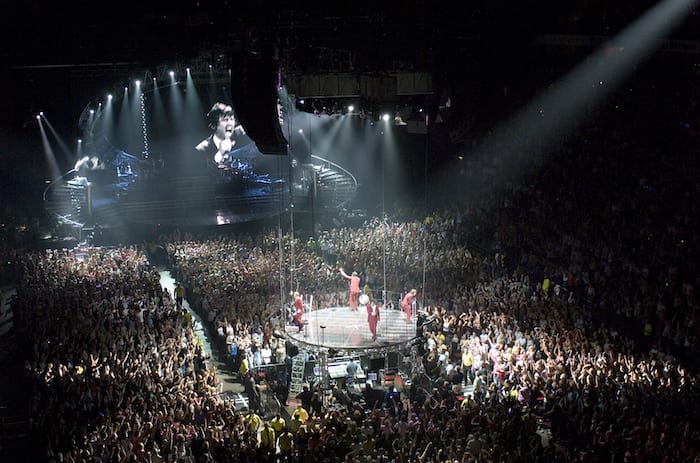
Everyone has their own personal stories about the events they’ve been to at the venue over the decades, says John – and he’s no exception.
“I’ve had some great nights there. I watched the rebirth of Madness a couple of years back. And the Peter Kay run of Phoenix Nights was fantastic.”
It’s not all positive, of course.
In May 2017, the precinct in which the arena sits was the site of tragedy when a terror bomb attack during an Ariana Grande concert killed 22 people – ten under the age of 20 – and left up to 800 suffering from physical injury or psychological trauma.
A few months later, the arena reopened with a benefit concert to raise money for the Manchester Memorial Fund, honouring those affected by the 22nd May terror attack and welcoming live talent back to the venue.
We Are Manchester featured a line-up of some of Manchester’s best-loved talent, with Noel Gallagher’s High Flying Birds headlining – particularly fitting as his song Don’t Look Back in Anger became an anthem adopted by the people of Manchester at commemorative events throughout the city.
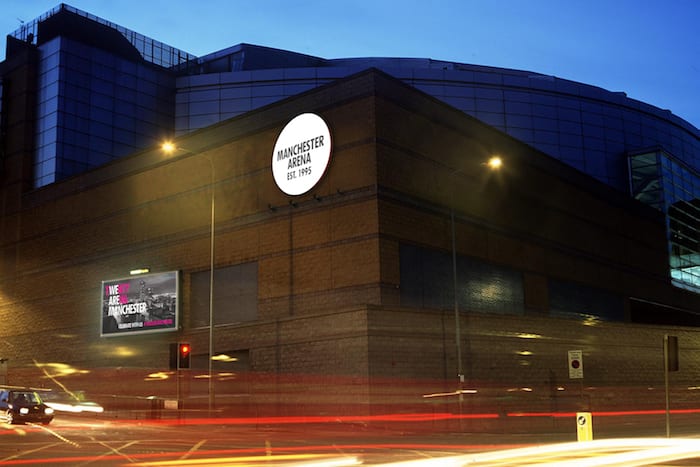
“The reopening of the arena in September 2017, that was a truly Manchester night,” says John.
“The tragedy was one of those things we will never forget, and we will always pay appropriate respect to what happened. But Manchester stood as a resilient city, not just at the arena but across Greater Manchester.
“Through the worst of times, the best of Manchester has come out,” says John.
Apart from its strength and resilience, what else does John love about the city he calls home?
“The people. There’s an honesty and confidence in Mancunians that’s not arrogant.
“There is a get up and go about this city. It doesn’t have to look to compare itself to anyone else – it’s happy being in its own skin.”
- This article was last updated 6 years ago.
- It was first published on 5 February 2019 and is subject to be updated from time to time. Please refresh or return to see the latest version.
Did we miss something? Let us know: press@ilovemanchester.com
Want to be the first to receive all the latest news stories, what’s on and events from the heart of Manchester? Sign up here.
Manchester is a successful city, but many people suffer. I Love Manchester helps raise awareness and funds to help improve the lives and prospects of people across Greater Manchester – and we can’t do it without your help. So please support us with what you can so we can continue to spread the love. Thank you in advance!
An email you’ll love. Subscribe to our newsletter to get the latest news stories delivered direct to your inbox.
Got a story worth sharing?
What’s the story? We are all ears when it comes to positive news and inspiring stories. You can send story ideas to press@ilovemanchester.com
While we can’t guarantee to publish everything, we will always consider any enquiry or idea that promotes:
- Independent new openings
- Human interest
- Not-for-profit organisations
- Community Interest Companies (CiCs) and projects
- Charities and charitable initiatives
- Affordability and offers saving people over 20%
For anything else, don’t hesitate to get in touch with us about advertorials (from £350+VAT) and advertising opportunities: advertise@ilovemanchester.com
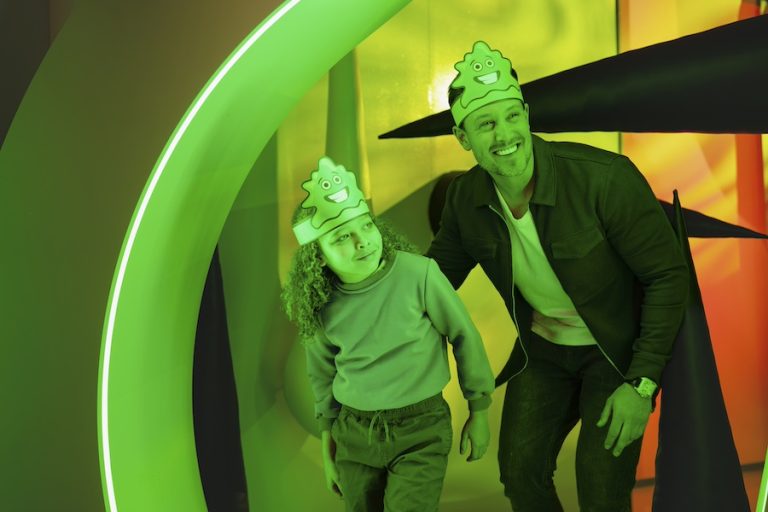
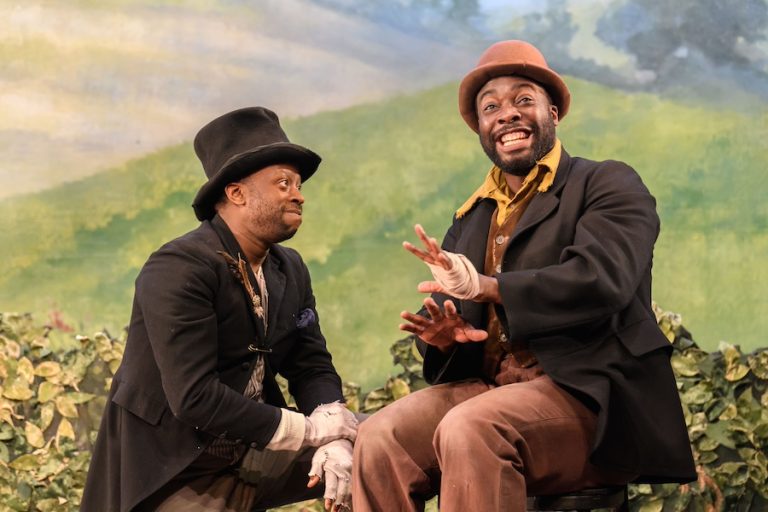
Review: Tambo & Bones at HOME is ‘ambitious, bold, gutsy…. and terrific’
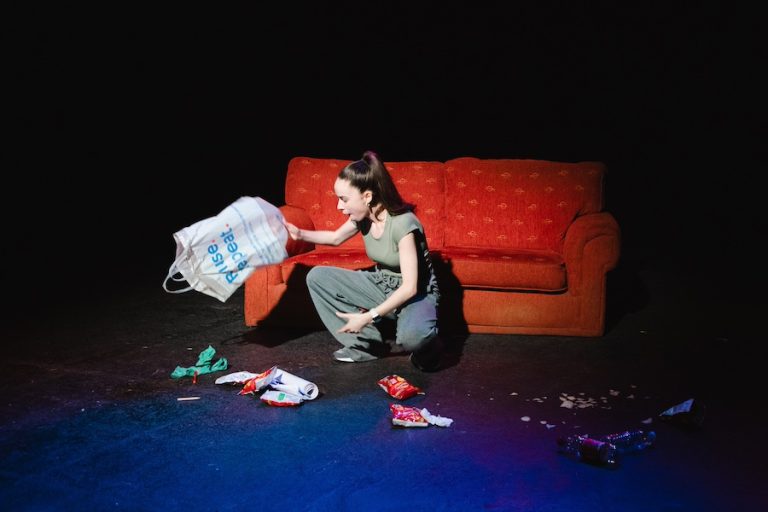
Review: JB Shorts 26 at 53two is ‘a five-star showcase of northern talent’









